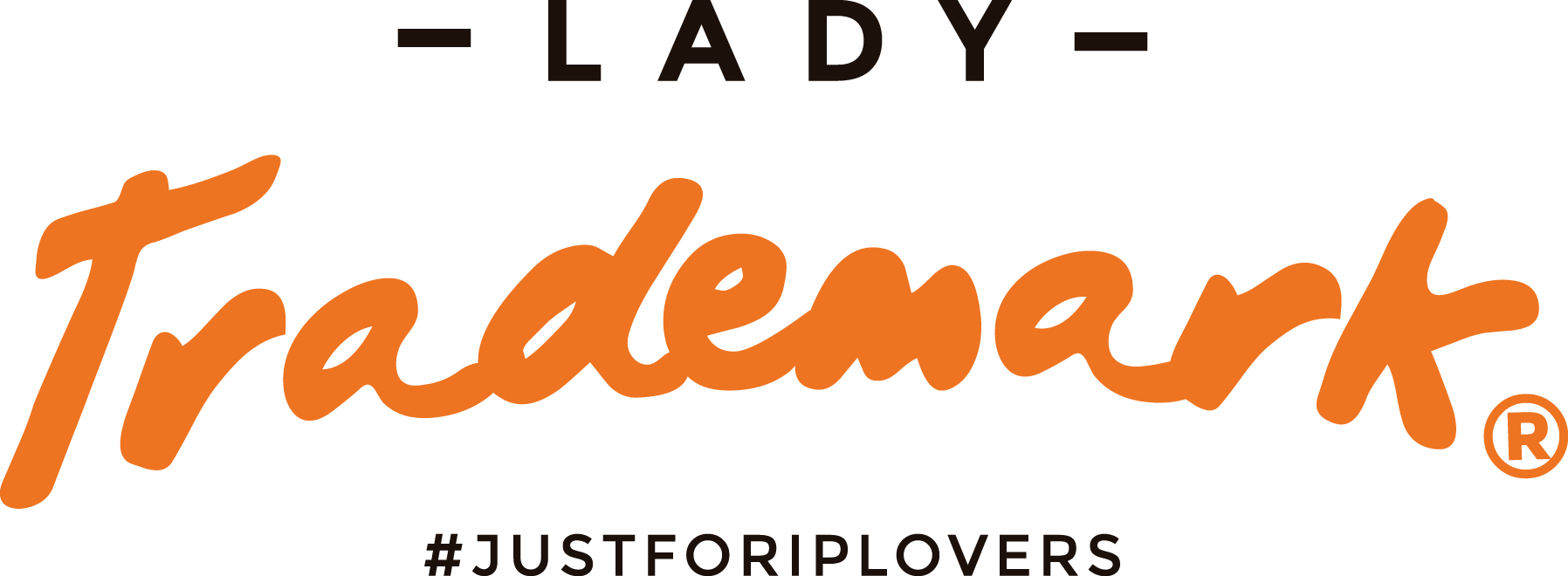Disputes over the use of third-party trademarks by campaigners in the run-up to this week’s UK referendum on EU membership have been widely reported. But a trademark for BREXIT has also been secured; and the owner tells World Trademark Review that – rather than an attempt to cash in on the ubiquitous term – he acted in a bid to prevent someone else from acquiring the mark and using it to stifle debate.
Trademark issues have come up numerous times during the campaigning, with Japanese car manufacturer Toyota hitting out last week at the unauthorized use of its mark by the ‘Leave’ campaign on leaflets sent out to thousands of UK citizens. This week Nissan pledged to take legal action on similar grounds. However, what of the BREXIT trademark that was applied for at the UK IPO back in March 2015 (and subsequently registered in October)?
Mark Kingsley-Williams, founder and director of UK-based trademark services company Trademark Direct, is the registrant of the mark, which covers classes for various advertising, merchandise and technology goods and services. He tells us that there is certainly “no mystery or conspiracy” behind the application, with his motivation linked to another trademark he battled against half a decade ago. Trademark Direct led a campaign in 2011 to cancel the EU trademark for the term ‘Keep Calm and Carry On’, a phrase used by the UK government on wartime posters in 1939 and rediscovered by a Scottish bookstore in 2000 (and subsequently commercialised). He further explained that the company also conducted pro-bono work to defend people who had received cease-and-desist letters and had items removed from eBay that used the term.
The EU trademark for ‘Keep Calm and Carry On’ is still valid, but Kingsley-Williams wanted to make sure that similar claims for a popularly-used term did not occur around the EU referendum. “I thought that there was a risk of something happening like that again,” he says. “I have an interest in politics, and I noticed that the term Brexit was out there and would become widely used as the debate moved forward. I thought the term should be free for anyone to use during the referendum campaign, and so I registered it without the intent of using it for my own commercial ends, but to protect the referendum debate so it couldn’t be stifled by someone else potentially registering the term and having an agenda in their enforcement of it. To be honest, I thought it was more likely that the Brexit term would be used by the Leave campaign – eg, ‘Vote for Brexit’ – and I thought there was a risk that somebody on the Remain side could attempt to scupper that by registering the trademark.”
He confirms that he has not enforced the mark so far, and a search for Brexit branded goods on ecommerce sites reveals a wide range of merchandise available for purchase by other parties. That said, he did not rule out using the Brexit term for commercial use after this Thursday’s referendum vote, and in September 2015 he registered a company, Brexit Limited, in the UK. “I’ve only thought about it in very vague terms but I’m not ruling anything out once the campaign is over,” he states. “What happens on Thursday will determine how much the term is subsequently used going forward. But it is a term that has had a lot of visibility in the last 12 months and has an immediate recognition factor – for good or ill, depending on which side of the debate you are on.”
By Friday we will know which way the UK electorate has voted, and last week we considered the trademark implications of a Brexit vote. Asked for his perspective on the implications for rights holders, he speculates: “If we leave, there will be a very gradual transition – it won’t be a rupture or sudden disruption. I think there would either be some sort of an arrangement where EU rights continue indefinitely or there would be arrangements made whereby registrants can claim seniority of their EU rights before filing UK trademarks. Ultimately, people wouldn’t lose rights; they might, over an extended period of time, need to have a UK trademark in addition to an EU trademark. But, in my view, the IP issues are all eminently fixable; it would be an aggravation but it wouldn’t be more than that.»
Looking back at the 12 months of fervent campaigning, Kingsley-Williams concludes that the political debate “had not been what I’d hoped when I first filed for the mark”. Nonetheless, with only 24 hours left before polls opens, we will soon know whether ‘Brexit’ turns from a catchy portmanteau into a reality.
Autor: Tim Lince Reporter, World Trademark Review & IAM Magazine at Globe Business Publishing / Republished with permission /



Leave a Reply